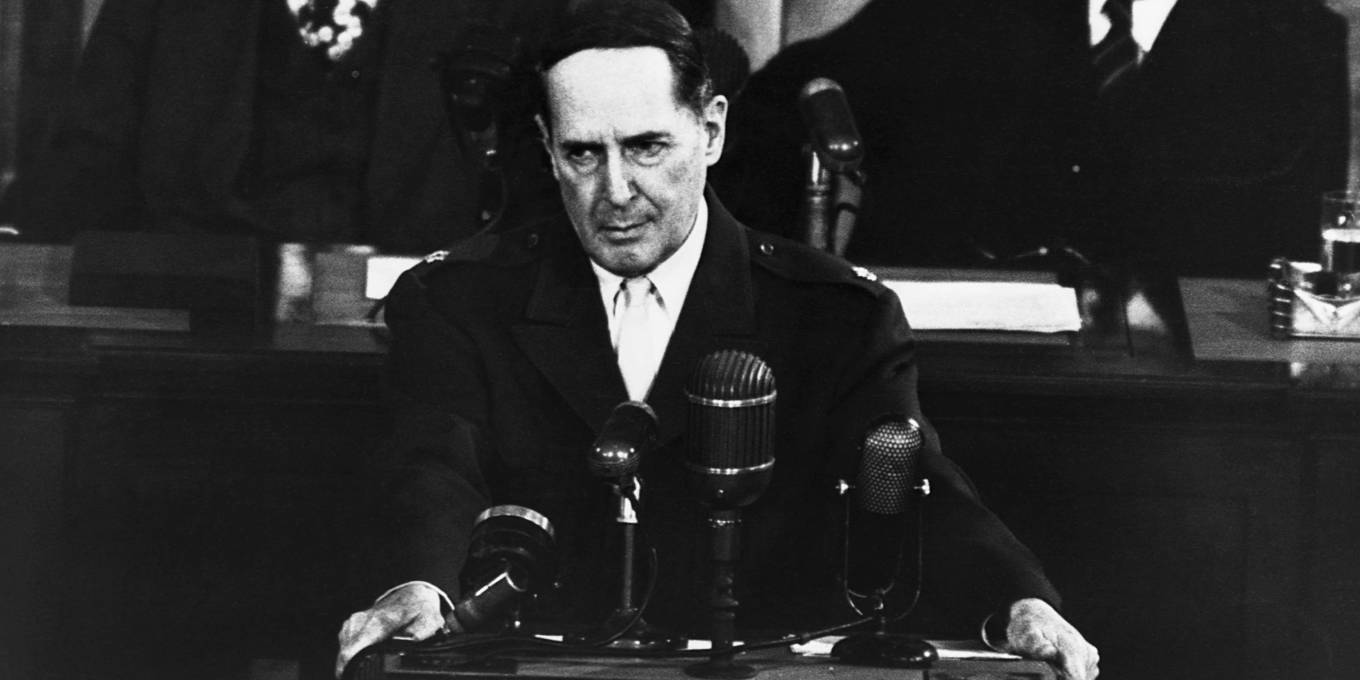Grand Old Conspiracy Theorists by Marc Gallicchio

PHILADELPHIA – In the summer of 1945, the Allied policy of demanding unconditional surrender in World War II became the subject of intense debate in the United States. In a way, it has remained so ever since, tracking with Americans’ changing attitudes about the Cold War and post-Cold War interventions in the Middle East. In fact, the Republican Party’s own shifting positions on the issue of unconditional surrender during WWII offer a revealing glimpse of the party’s internal divisions and collective character.
During WWII, the GOP’s hot-and-cold relationship with President Franklin D. Roosevelt’s war policy reflected a mix of principled opposition, political opportunism, and the lack of internal consensus. Announced in January 1943, the unconditional-surrender policy was bound to be controversial simply because it had been conceived by Roosevelt. A quintessentially New Deal program, its goal was to nurture economically broad-based democracy in societies that had previously pursued conquest and subjugation.
To US conservatives, this project was an example of liberal ideology run amok. Seeing little reason to extend liberalism to imperial Japan, they demanded changes to the policy following Roosevelt’s death in April 1945 and Germany’s surrender the following month. Most Republicans – East Coast internationalists and pre-war isolationists alike – warned that efforts to reform Japanese society could not succeed.
We hope you’re enjoying Project Syndicate.
To continue reading, subscribe now.
or
Register for FREE to access two premium articles per month.
Already have an account? Log in
*** This article has been archived for your research. The original version from Project Syndicate can be found here ***


